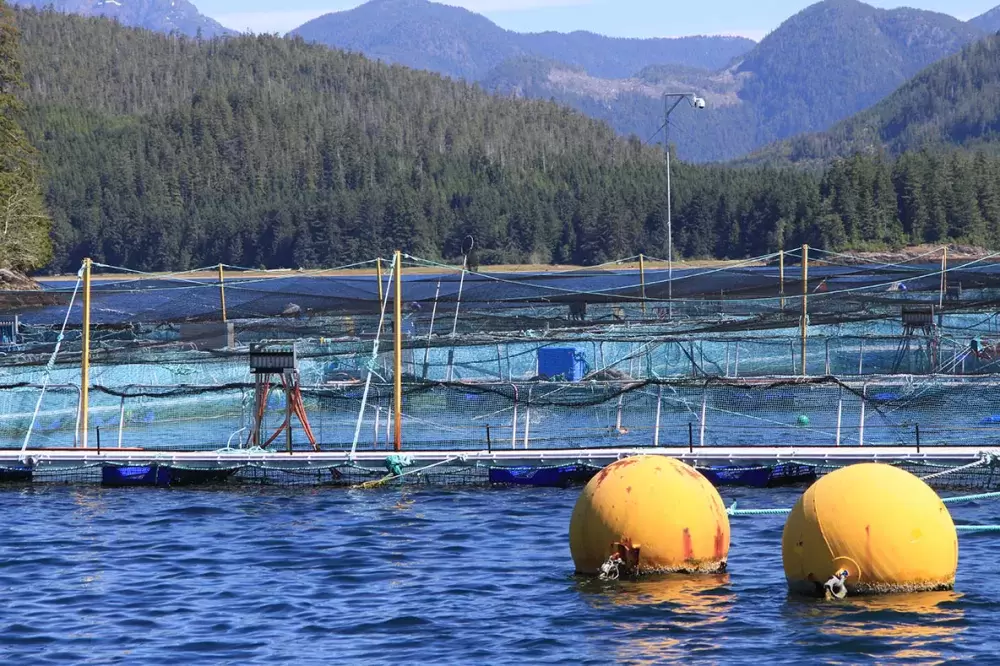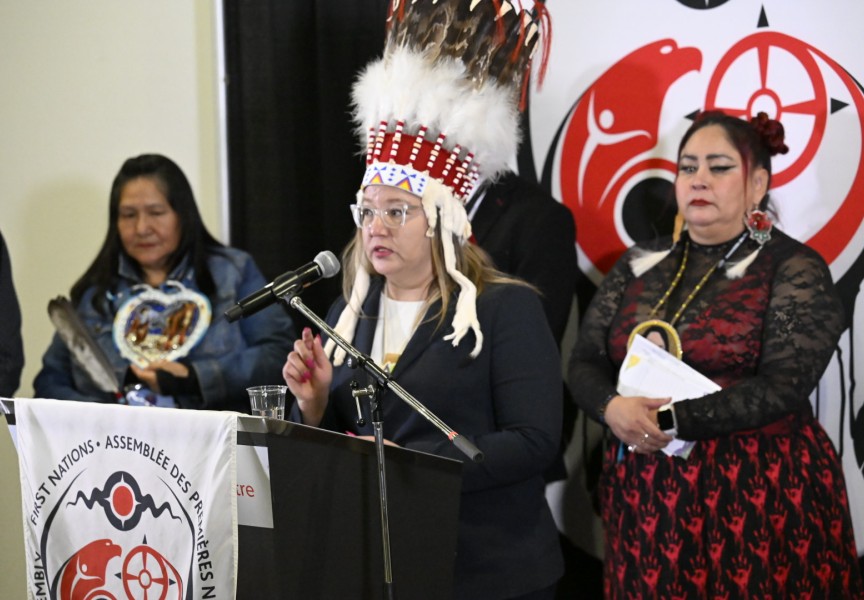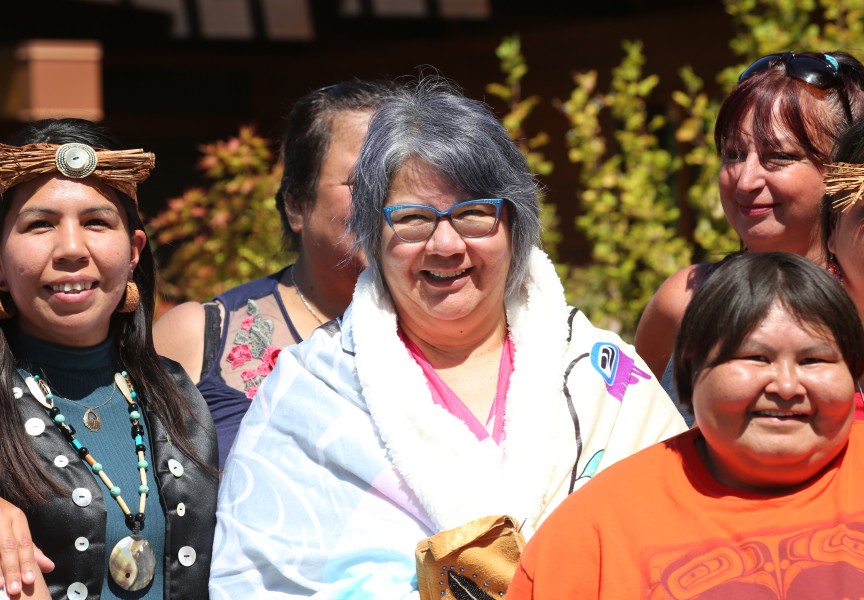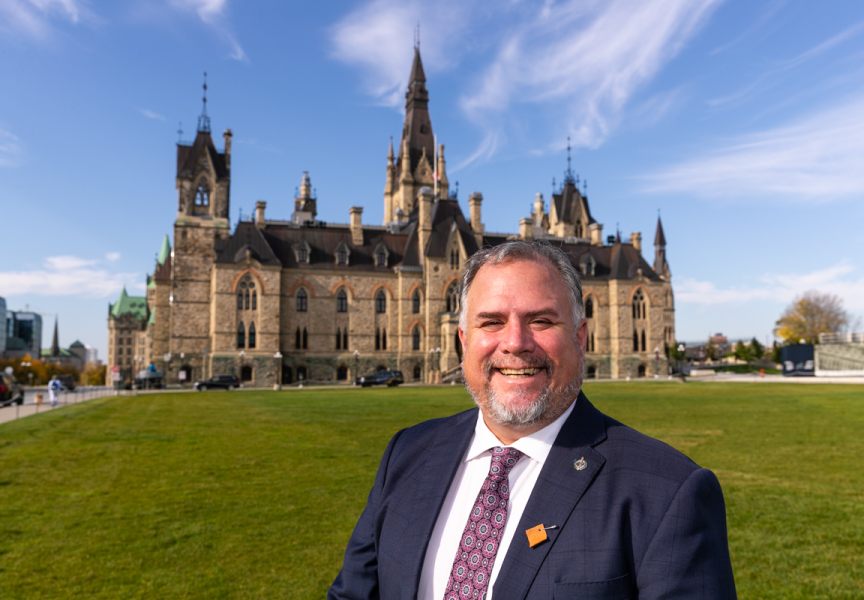Public consultation has resumed as the federal government edges closer to enacting Canada’s first specific aquaculture legislation.
Bounded by three oceans, Canada remains the only country in the world with an aquaculture sector yet no comprehensive legal framework governing the industry.
“The national association has been asking for an aquaculture act for probably 25 years, so it’s been a long time coming,” said Tim Kennedy, president and chief executive of the Canadian Aquaculture Industry Alliance. “We’ve been a lost child in Canada for some time.”
Fisheries Minister Bernadette Jordan announced a fresh round of public consultations in August, the latest step towards drafting an aquaculture bill by 2022.
Since aquaculture emerged as a new industry in the 1980s, the sector has been regulated through provisions in the Fisheries Act. There are three different regulatory approaches across the country. In B.C., DFO bears responsibility for environmental regulation and licensing while the province governs land management and issues leases for shellfish and other aquatic organisms.
Aquaculture, however, has more in common with agriculture than fisheries and is classified as such by the Canada Revenue Agency, Kennedy pointed out. The Fisheries Act doesn’t provide a regulatory framework for a growth-oriented sector, he stressed.
“The most important thing is a statement in the act in terms of purpose, of federal government recognition of a future-oriented sector and that the federal government supports development of the sector,” Kennedy said.
In theory, specific legislation that mirrors revisions made to the Fisheries Act in 2019 could benefit First Nations as well as industry, said Eric Angel, Uu-a-thluk fisheries program manager. NTC provided input into the revised Fisheries Act and is generally pleased with the results, he noted.
“Presumably, the same could happen around aquaculture,” Angel said, although Fisheries Act revisions haven’t been in place long enough to judge effectiveness. Similarly, it could be several years before aquaculture legislation is tested, he cautioned.
Industrial-scale fish farming has become an increasingly complex and divisive issue from the standpoint of First Nations on Canada’s West Coast. Some Nuu-chah-nulth nations officially support fish farming in traditional territories as a means of generating jobs and economic development, while others are firmly opposed, concerned that open net pens threaten wild salmon stocks.
“We won’t take a collective position because everybody is different,” said Judith Sayers, NTC president. “We have some First Nations that support fish farming and others that are totally opposed.”
Then there is the Trudeau government’s promise to have fish farms transition to closed containment systems after 2025. Critics of the industry say that cannot come soon enough for wild salmon, yet the industry struggles with an uncertain future.
While there is skepticism that new legislation would bring meaningful change, there is also a sense among First Nations that they should remain hopeful and continue to engage with the federal government, Angel said.
Engagement — specifically Indigenous engagement and rights along with environmental and ecosystem management — was a stated priority in consultations with stakeholders over the last two years.
According to a discussion paper on the proposed legislation, the goal is to create an act that respects federal, provincial and territorial jurisdictions and set long-term conditions for the development of “a thriving, environmentally sustainable and competitive aquaculture sector that benefits economic development of coastal communities and Indigenous peoples.”
“An aquaculture act will provide a nationally consistent and adaptable legislative framework, while also taking into account regional differences,” said MP Terry Beech, parliamentary secretary to the fisheries minister. “An important step in developing this legislation is engaging with our Indigenous partners, stakeholders and Canadians to hear their views.”
Kennedy said the legislation should help foster more engagement with Indigenous stakeholders and would probably incorporate language around traditional knowledge.
“The industry across Canada is very supportive of enabling and providing additional opportunities for engagement with Aboriginal peoples,” Kennedy said, citing developments in the Broughton Archipelago. There, Namgis, Mamalilikulla and Kwikwastu’inuxw Haxwa’mi First Nations signed a monitoring and inspection plan with fish farm operators and the provincial government. Seven fish farms will be closed over the next three years.
About 75 per cent of all farmed salmon in B.C. is produced through impact/benefit agreements with First Nations. Within two years, that will be required of all fish farms operating within traditional territories, Kennedy added.
“I think there are some really exciting opportunities there as well,” he said.
Patrick Schmidt, CEO of the Huu-ay-aht Group of Businesses (HGB), noted that they have until Jan. 15, 2021 to provide input on the aquaculture legislation. They are currently exploring the possibility of a new oyster farming venture and expect that will be a litmus test for the new act.
“For us, it’s first and foremost what we think can generate returns and then the other aspects such as jobs,” he said. “Oysters seem to fit.”
He stressed as well that HGB focuses on economic development rather than engagement with DFO, a government-to-government function.
The engagement process may be familiar to anyone involved in aquaculture in recent years. A decade ago, DFO held consultations to draft Pacific aquaculture regulations, part of a transfer of authority from provincial to federal jurisdiction. That change brought with it a legal obligation on the part of Ottawa to engage, consult and accommodate Indigenous peoples.
In spring 2010, DFO formed an aquaculture working group with the First Nations Fisheries Council. A meeting was held in November of that year with Nuu-chah-nulth nations. The change in authority took place five weeks later, leading some to question the short timeline and adequacy of consultations, especially since First Nations did not see their input reflected in the results. They had major concerns about DFO’s intent to model B.C. aquaculture management on an integrated fisheries management model.
Kennedy said the industry hopes the new legislation can be achieved despite a possible spring election next year.
“We’ve really encouraged DFO to move quickly,” he said, adding that the Liberals and opposition Conservatives have both committed to seeing the bill passed into law.
The public is invited to visit dfo-mpo.gc.ca/aquaculture/act-loi/consultations-eng.html to participate in this round.







